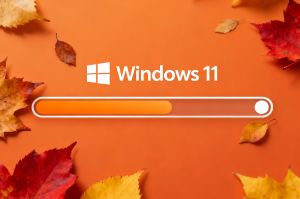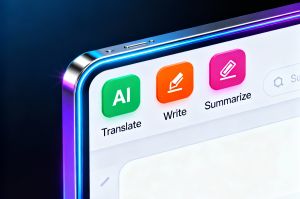 Microsoft claims the Recall feature is as safe as it can be
Microsoft claims the Recall feature is as safe as it can be
Some 4 months ago, in a post Recall, an AI search tool that records everything you do, we joined the crowd hyping about the then-announced new “photographic memory” tool from Microsoft. The promise was very simple: whatever you do on your computer can be revisited in the full deja vu mode, i.e., down to the very screen contents. The reception of the new feature was, well, mixed, with many veterans of the industry and the writing folk expressing concerns about privacy and data safety. Seriously, when your OS records everything you do and stores it somewhere, what can go wrong?
The new Recall by Microsoft
Microsoft, it should be appreciated, did not shrug off the criticism but acted thereupon, even when it actually meant delaying the release of the feature, which means losses. Recently, they’ve returned with a reworked solution.
- Opt-in: initially, Recall was to be always-on for everyone. Now, users can choose to enable Recall during setup.
- Data encryption: all sensitive data captured by Recall is encrypted, and the keys are secured by the Trusted Platform Module (TPM), which is reachable through exclusively Windows Hello, the gateway that uses biometric authentication methods like facial recognition or fingerprint scanning.
- Service isolation: Recall processes data within a Virtualization-based Security (VBS) Enclave, which is a totally separate “island” not connected to other system processes. The bridges to this island are only built following a user’s command, and they let through only the data requested.
- More control: Recall is not only adjustable now – you decide which apps it captures screenshots from – but also fully deletable.
This sort of flexibility on the part of a for-profit corporation is admirable, and, you have to admit, the previously voiced concerns have been duly addressed and processed.
Why did Microsoft come up with Recall, anyway?
According to the tech giant, they invented the Recall feature primarily to address information overload that many users suffer today, and help them be more productive. Revisiting a certain point in the past can be useful in many situations, especially when your memory of that point is fragmented due to the said overload.
There’s an alternative point of view, though: Windows Recall, while really delivering as described, is a marketing stunt designed to promote Copilot+ PCs by Microsoft, enhancing their unique selling proposition and tapping into the hype-generating power of artificial intelligence, since the feature is claimed to heavily lean thereon. The truth is, likely, somewhere in the middle between the two viewpoints.
If you’re not planning to switch to a Copilot+ PC, why would you care at all?
Simple: what’s a feature limited to a specific set of Microsoft products today is a common function across the entire range of its software tomorrow. You may remain an observer for now, but keeping tabs on such developments will pay off in the future. We’re here to keep you updated, so stay tuned!



